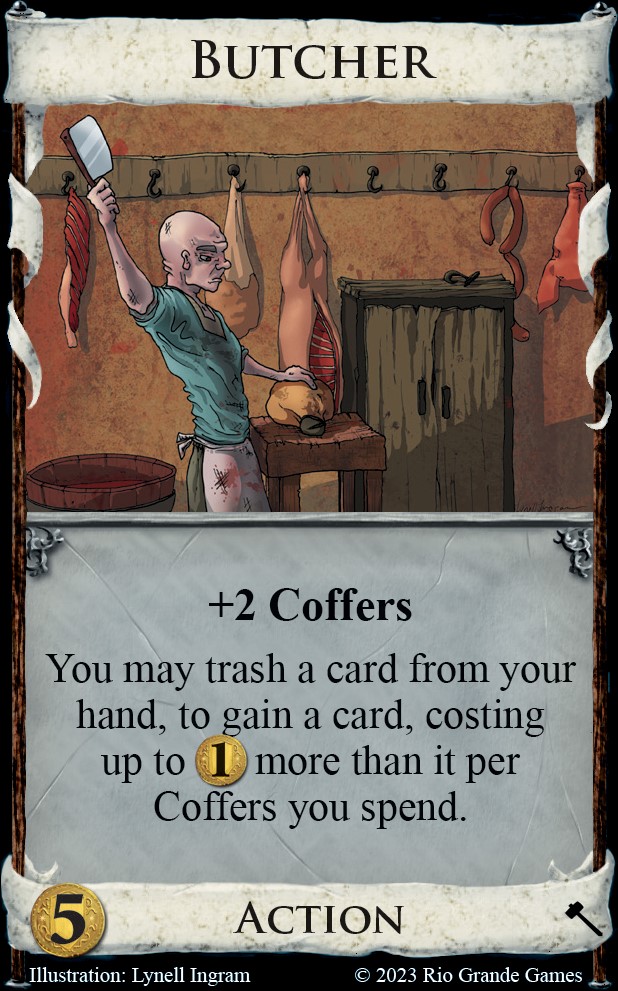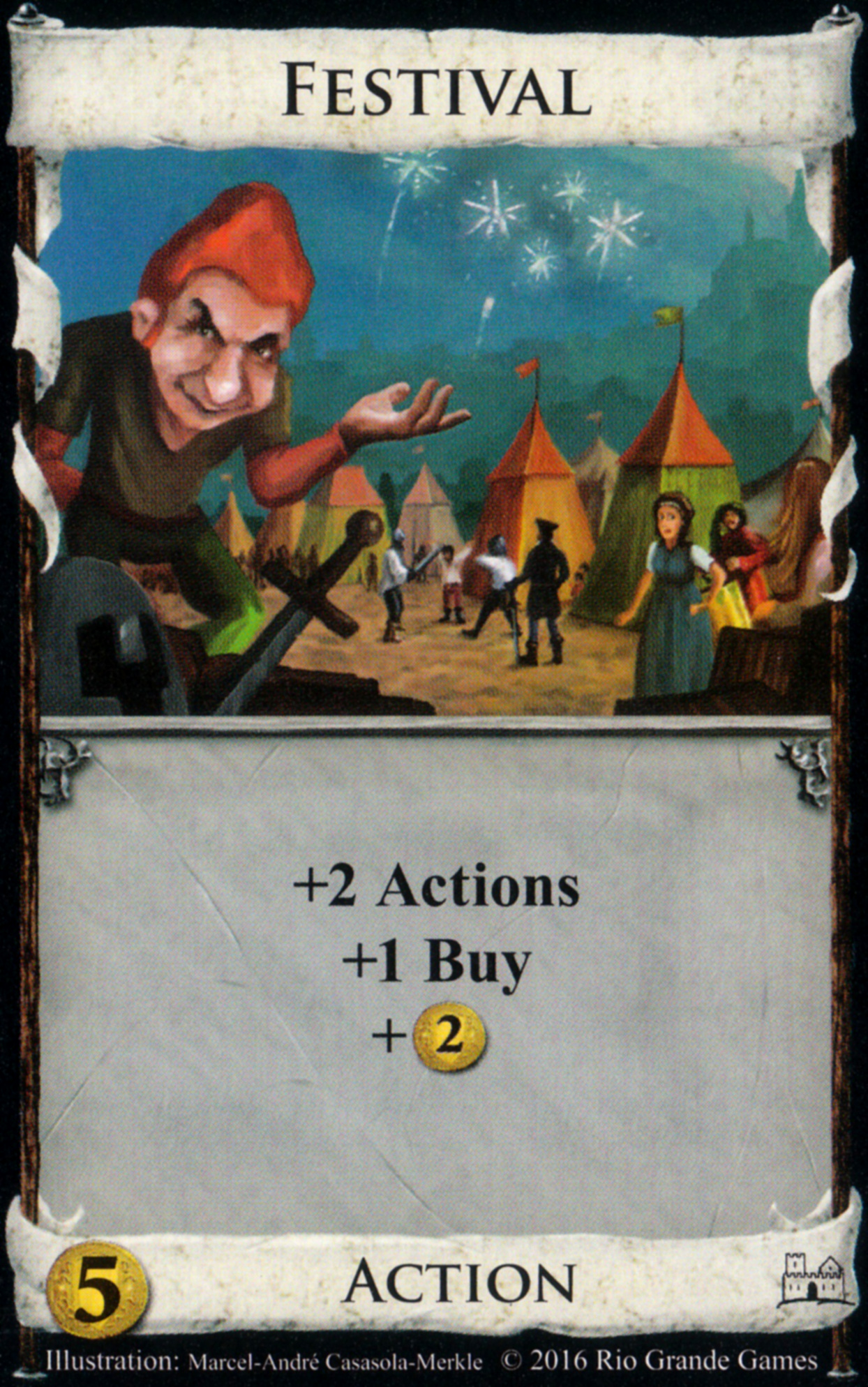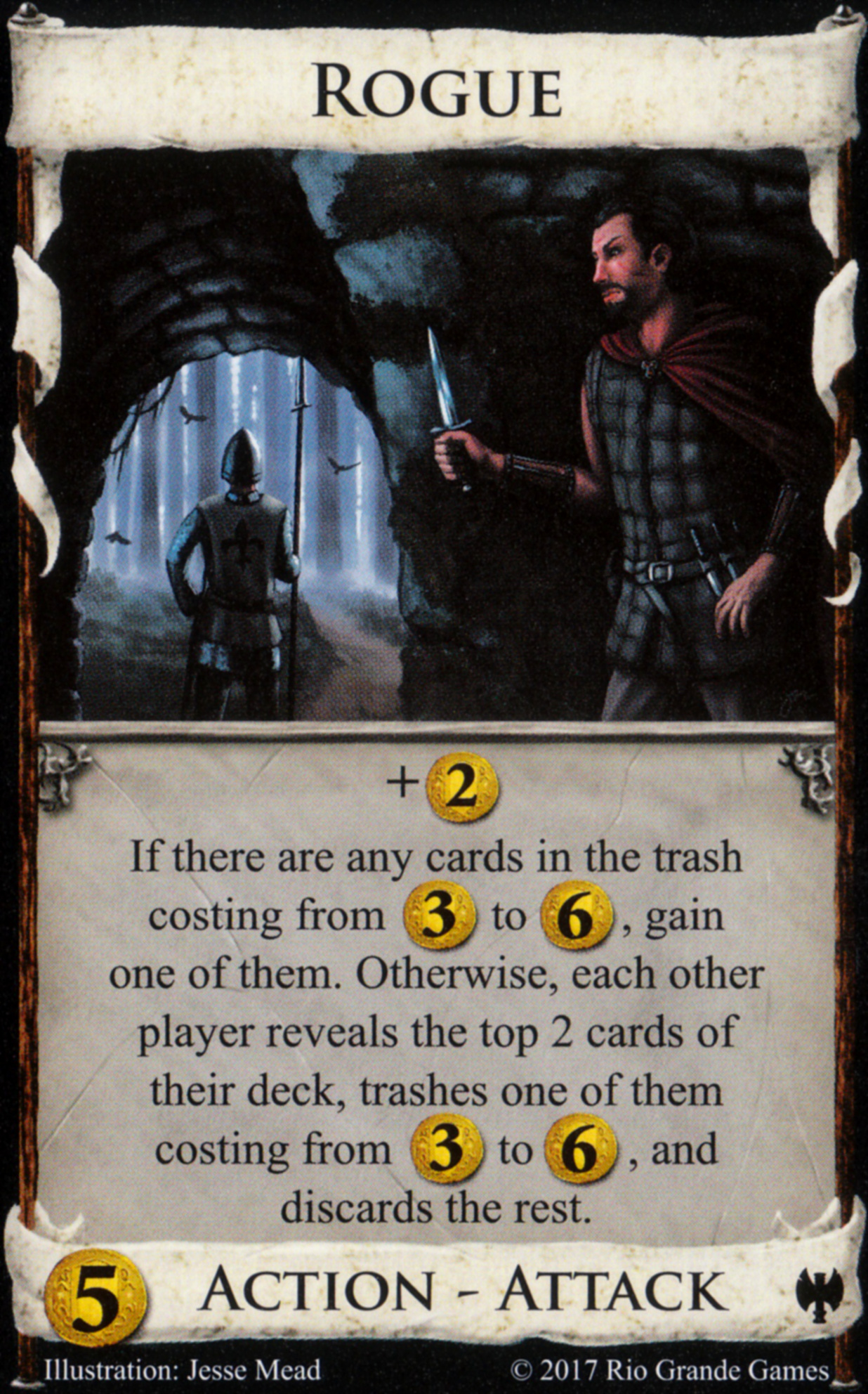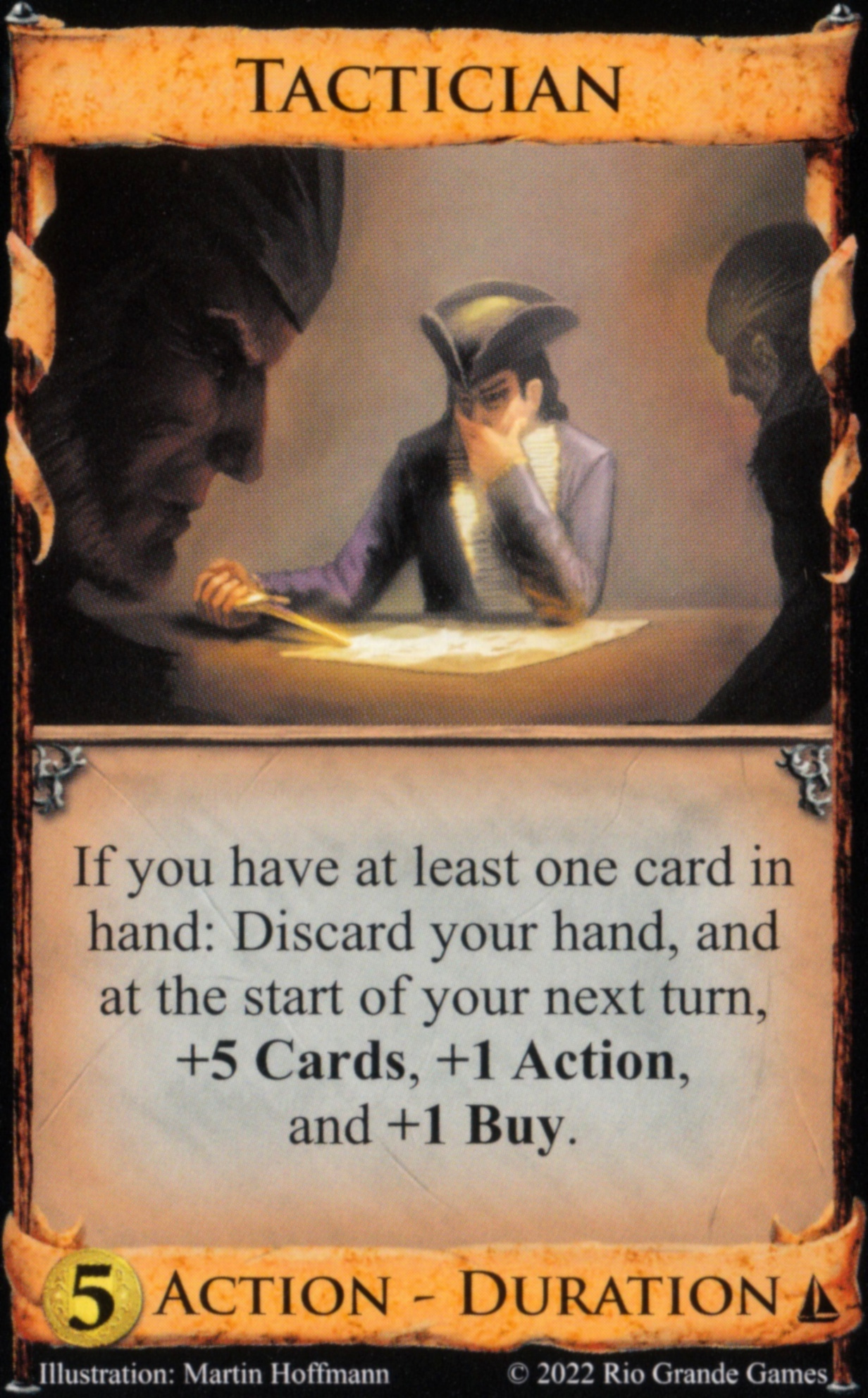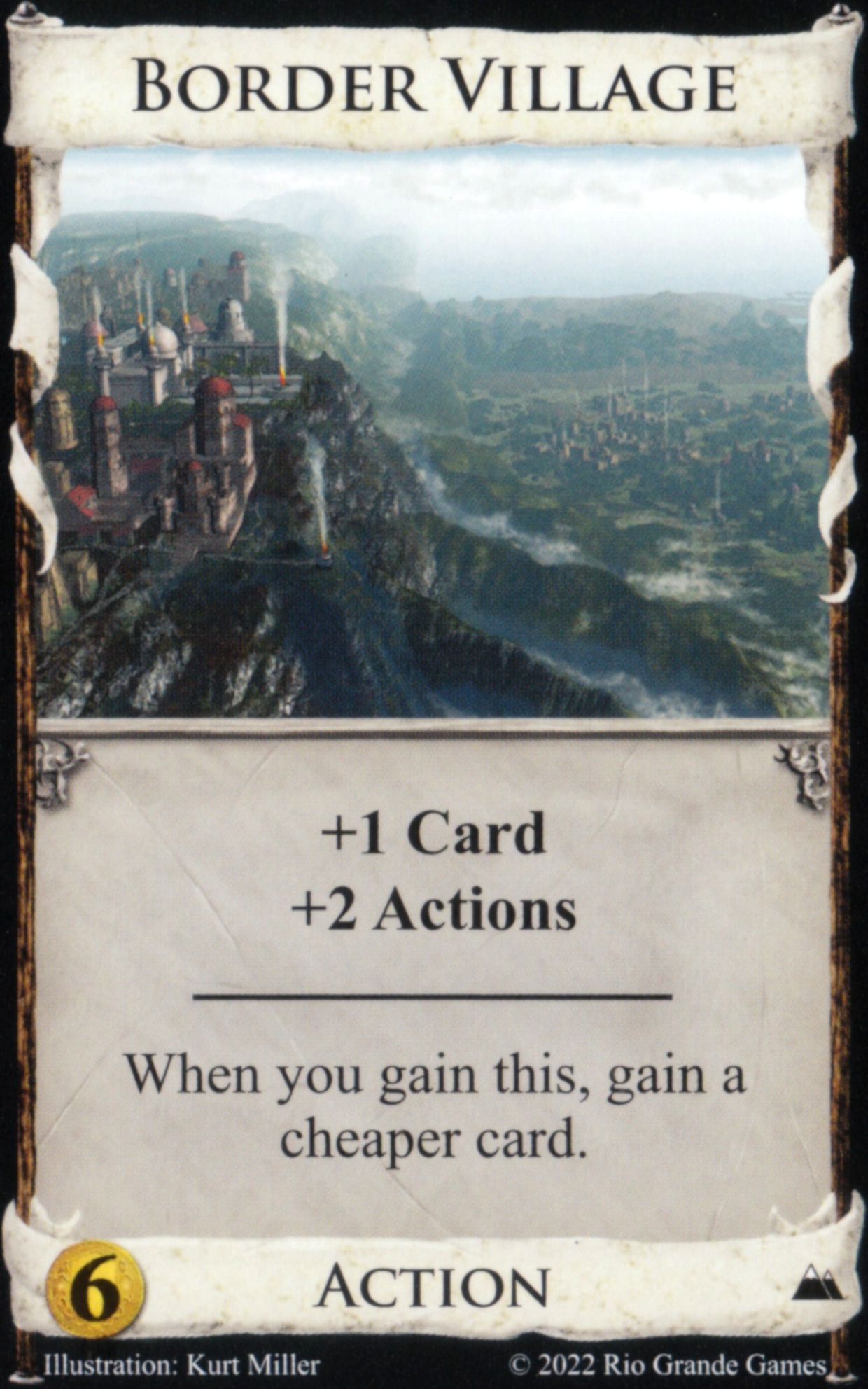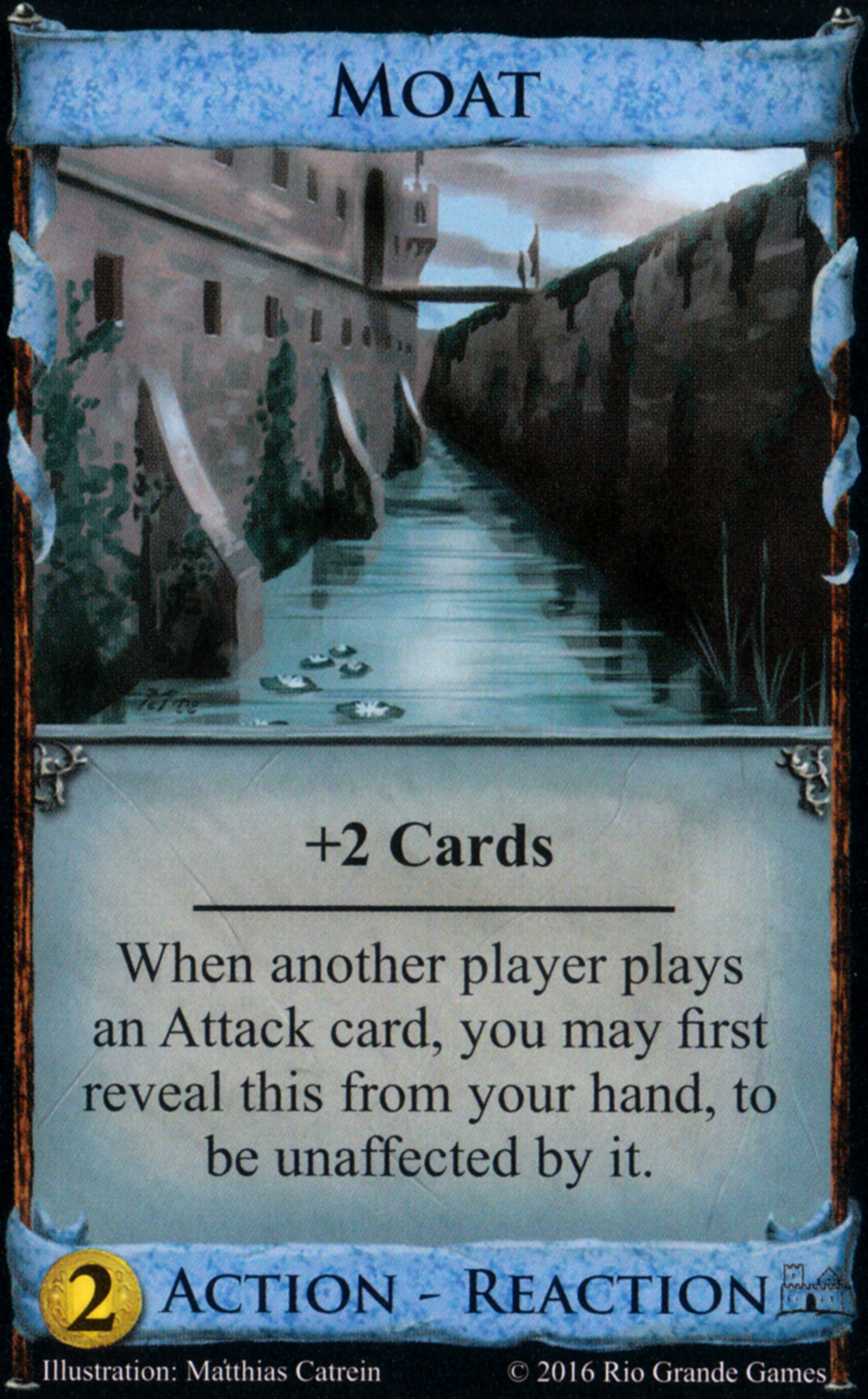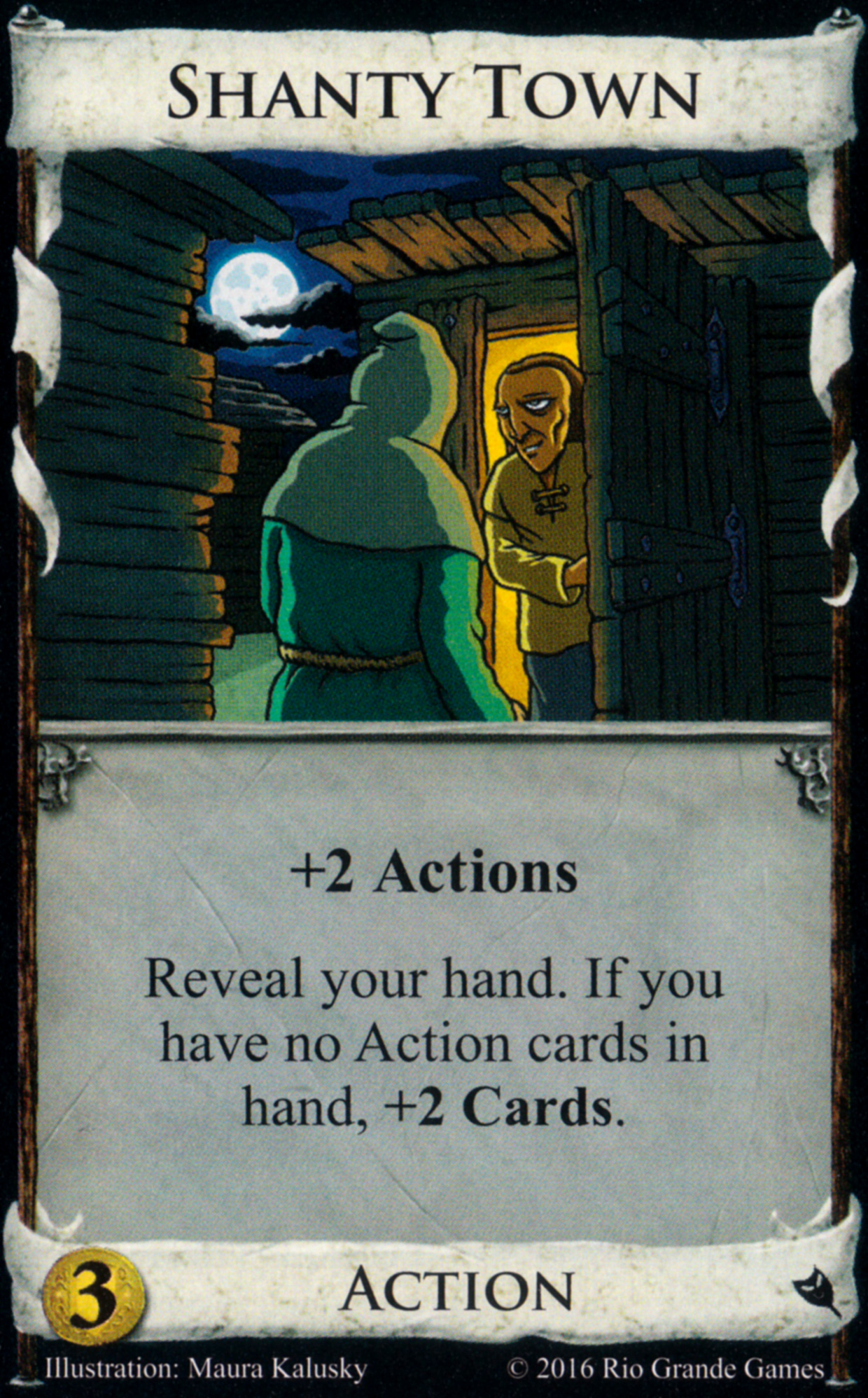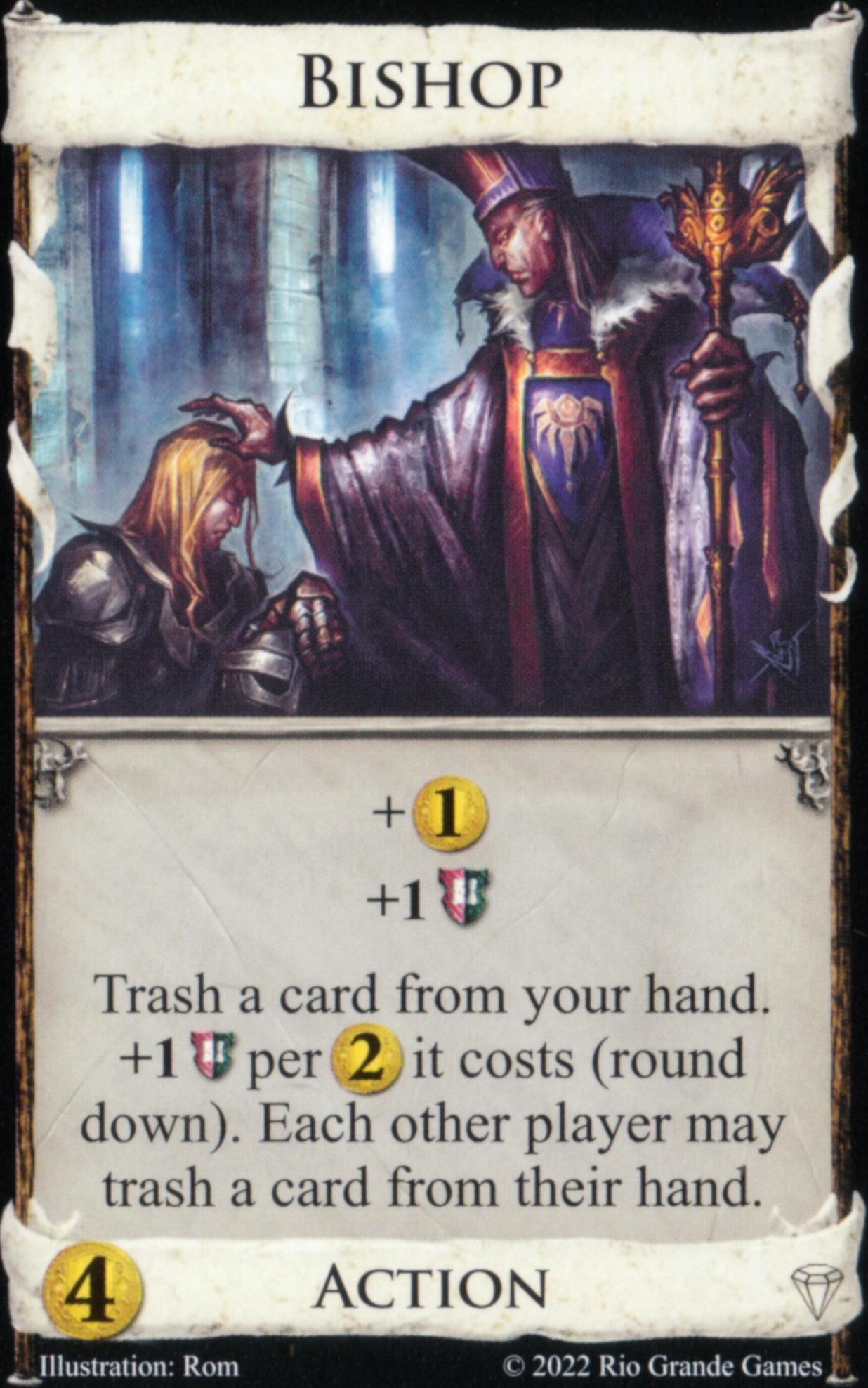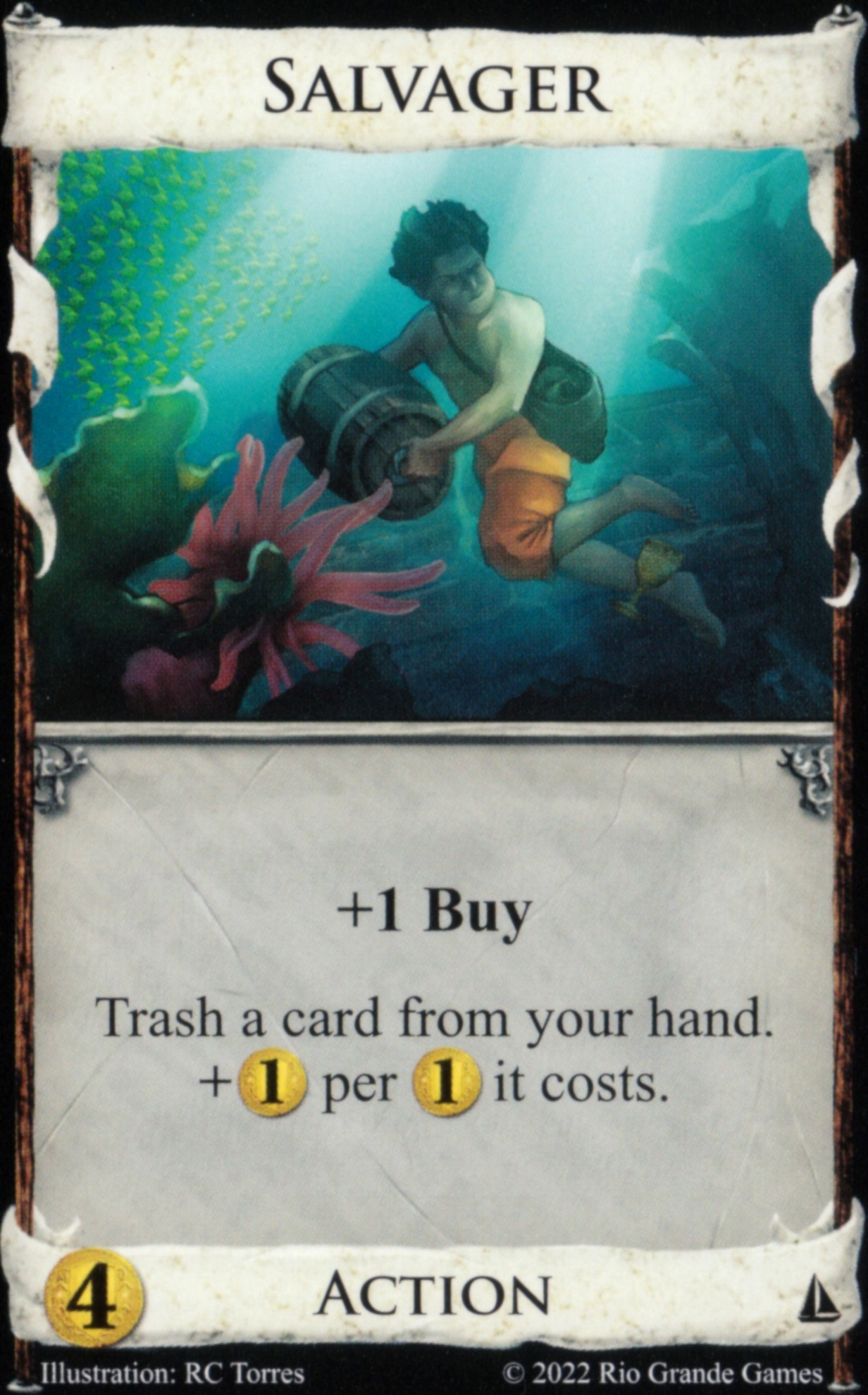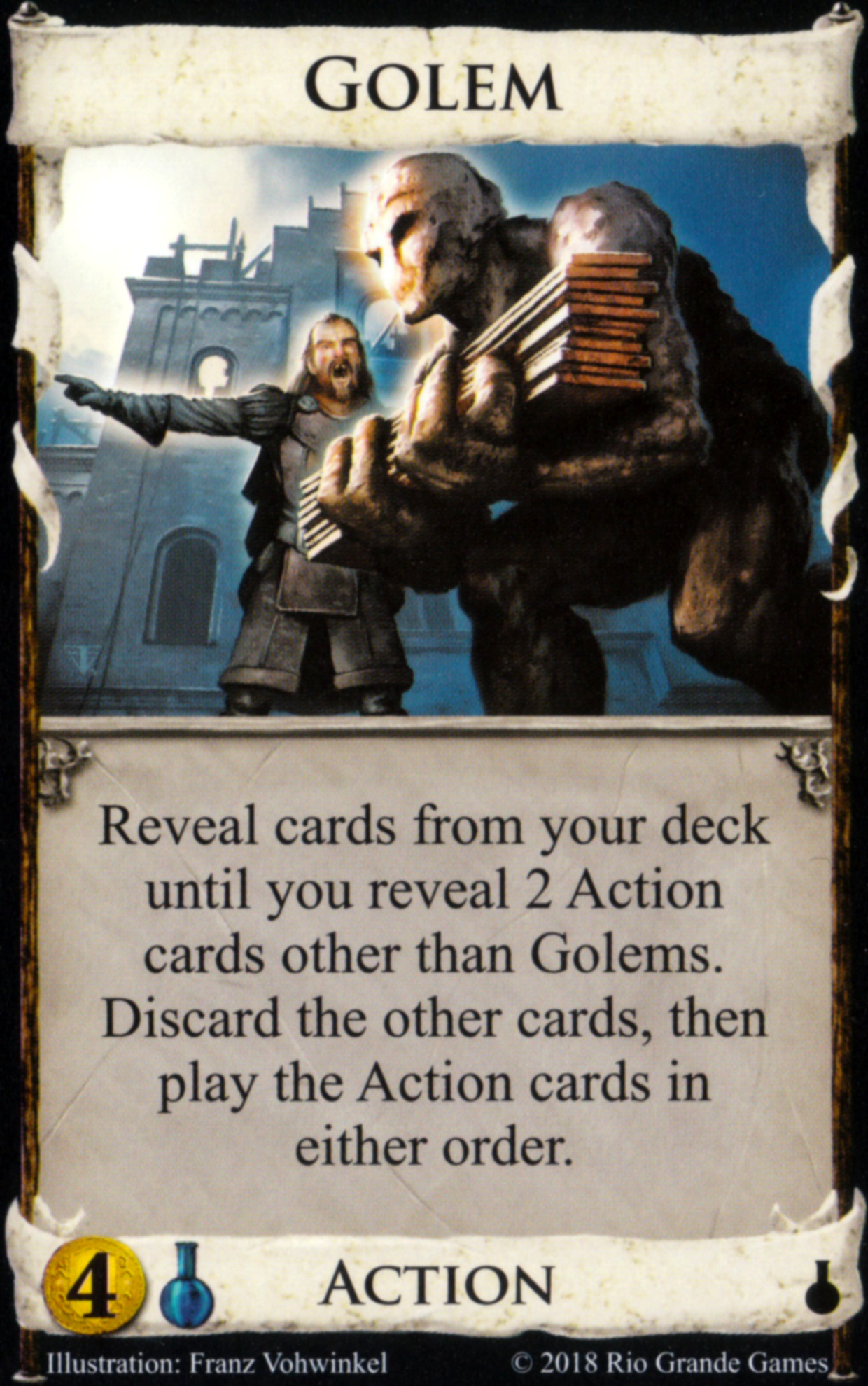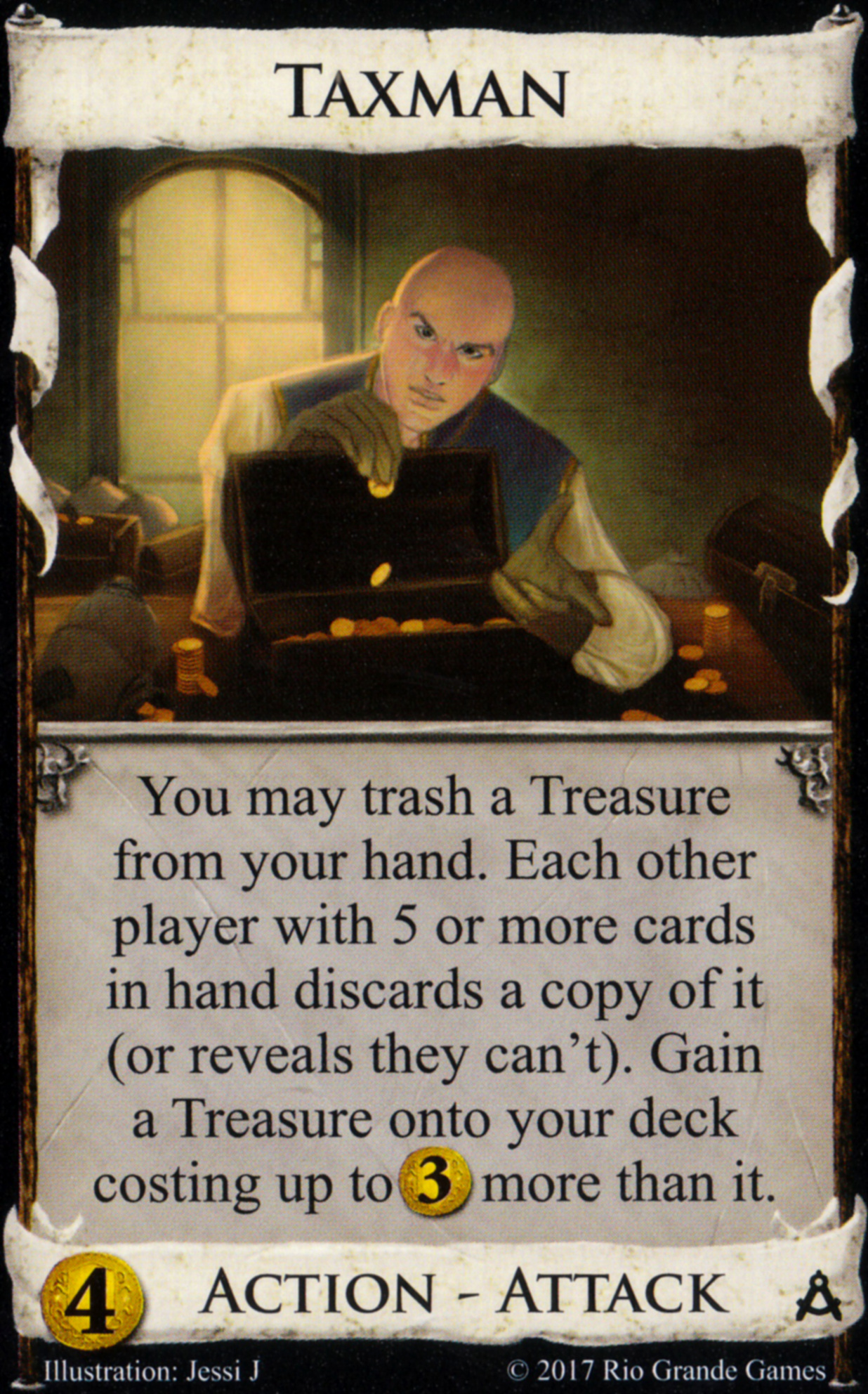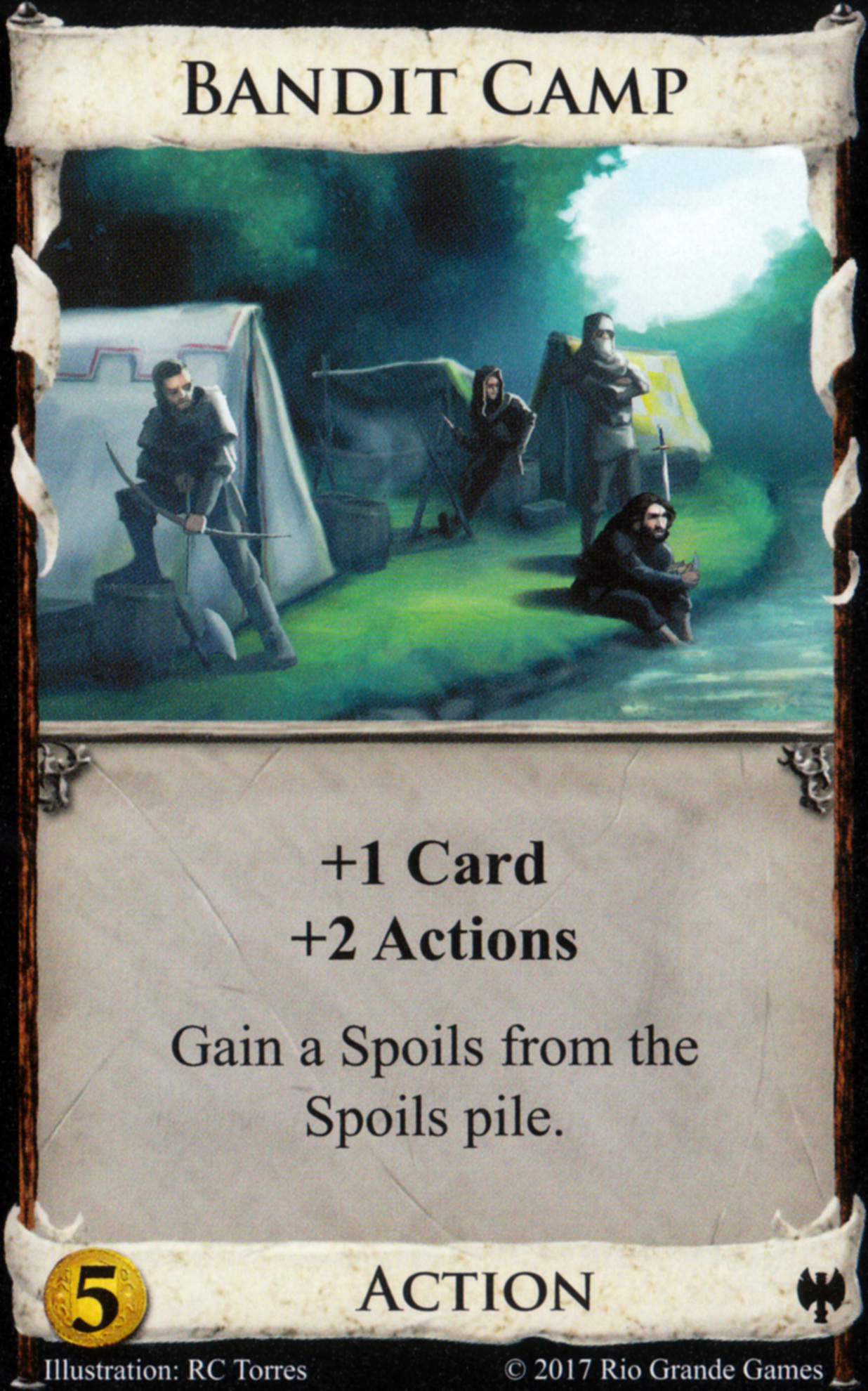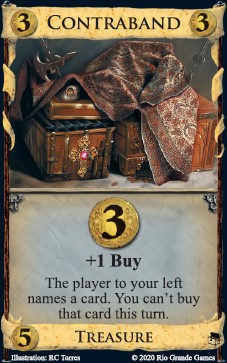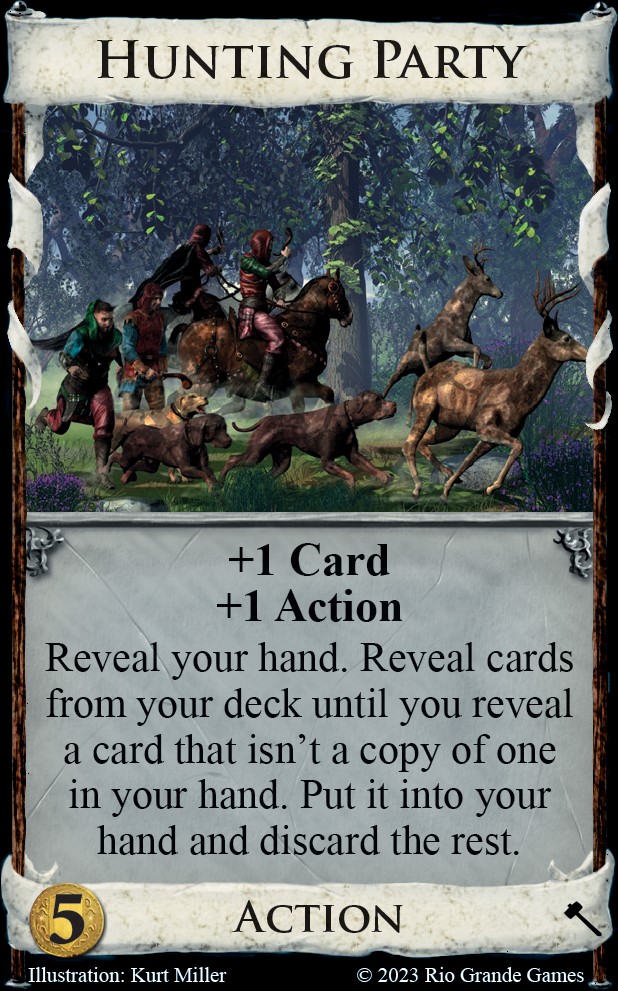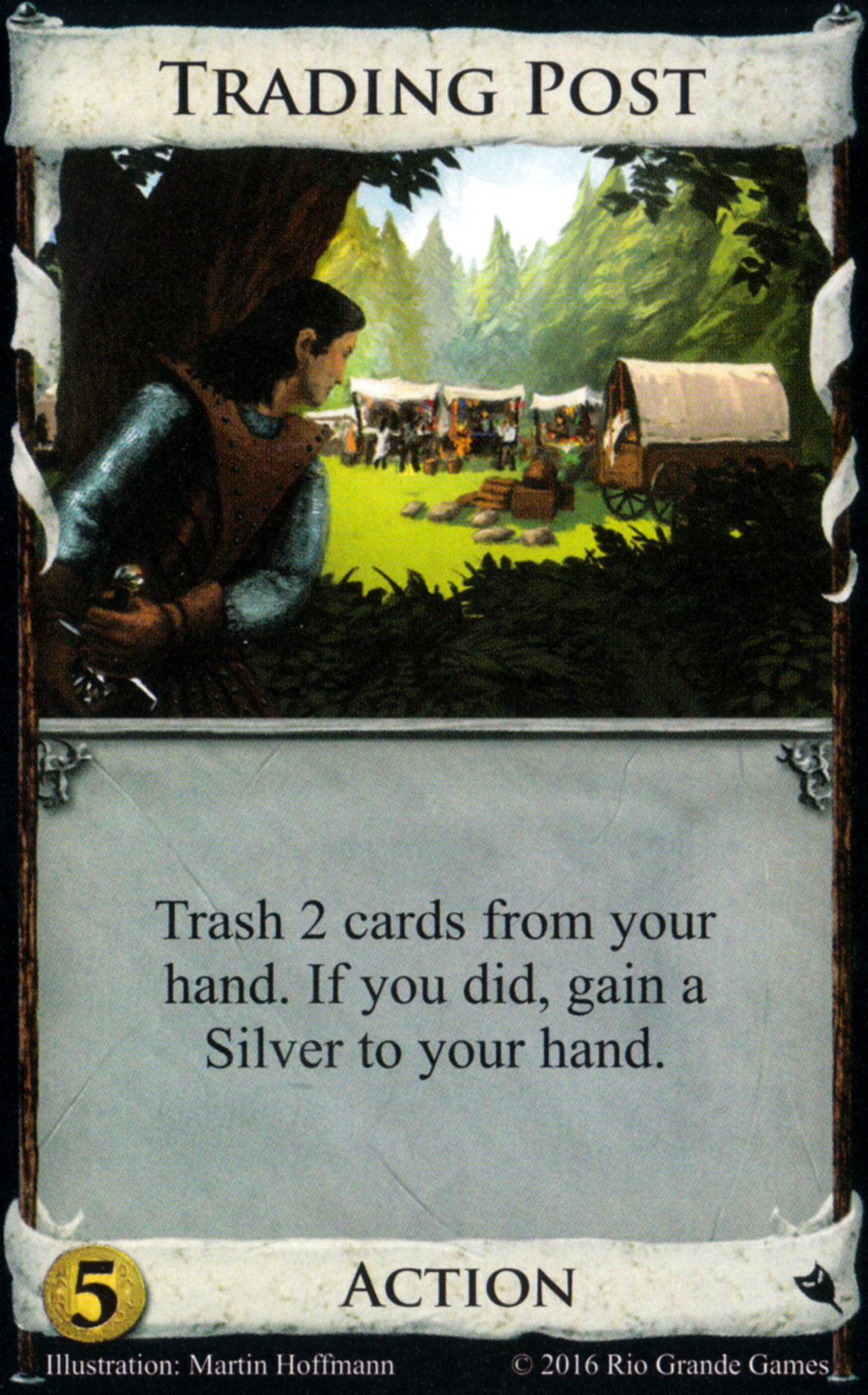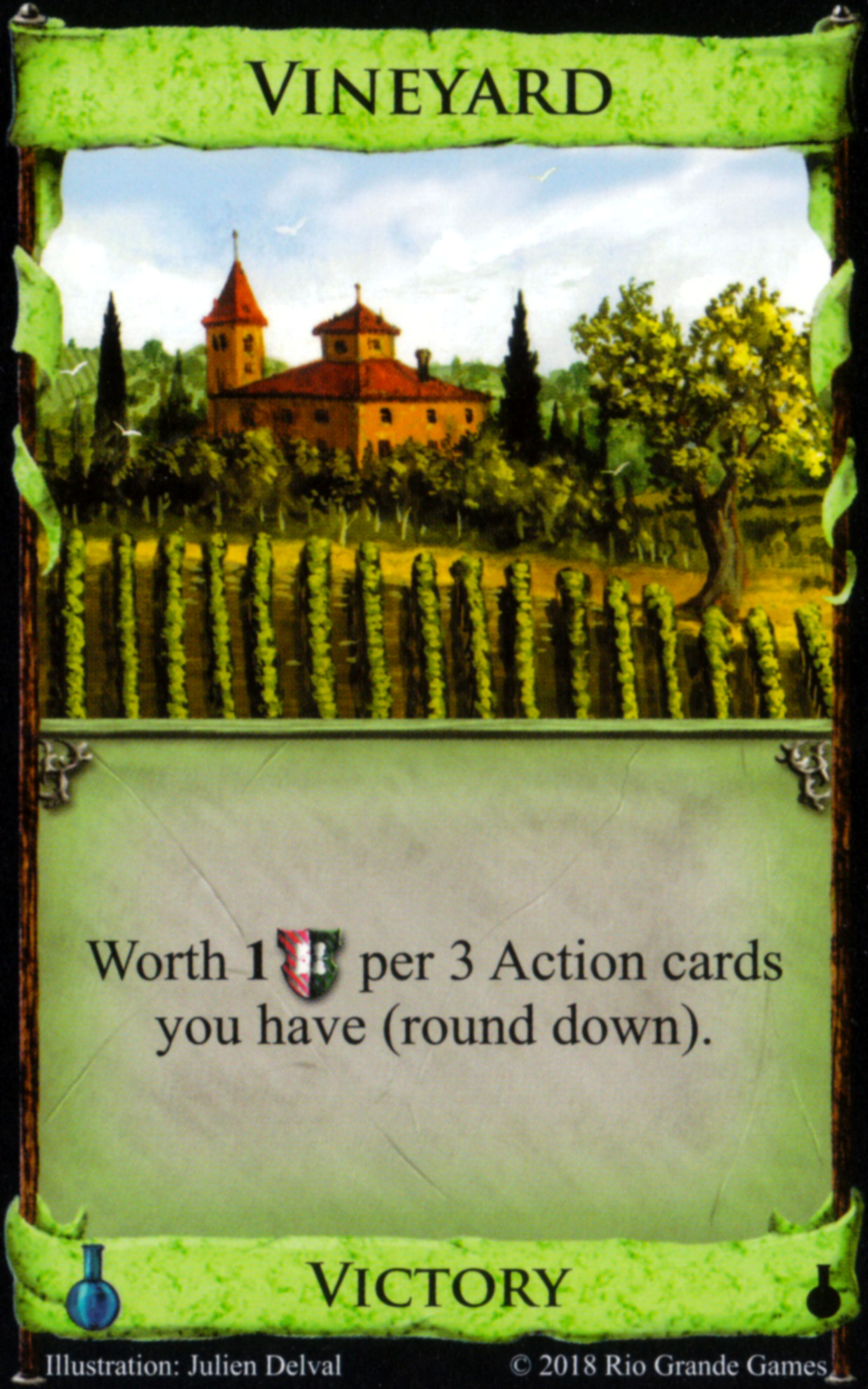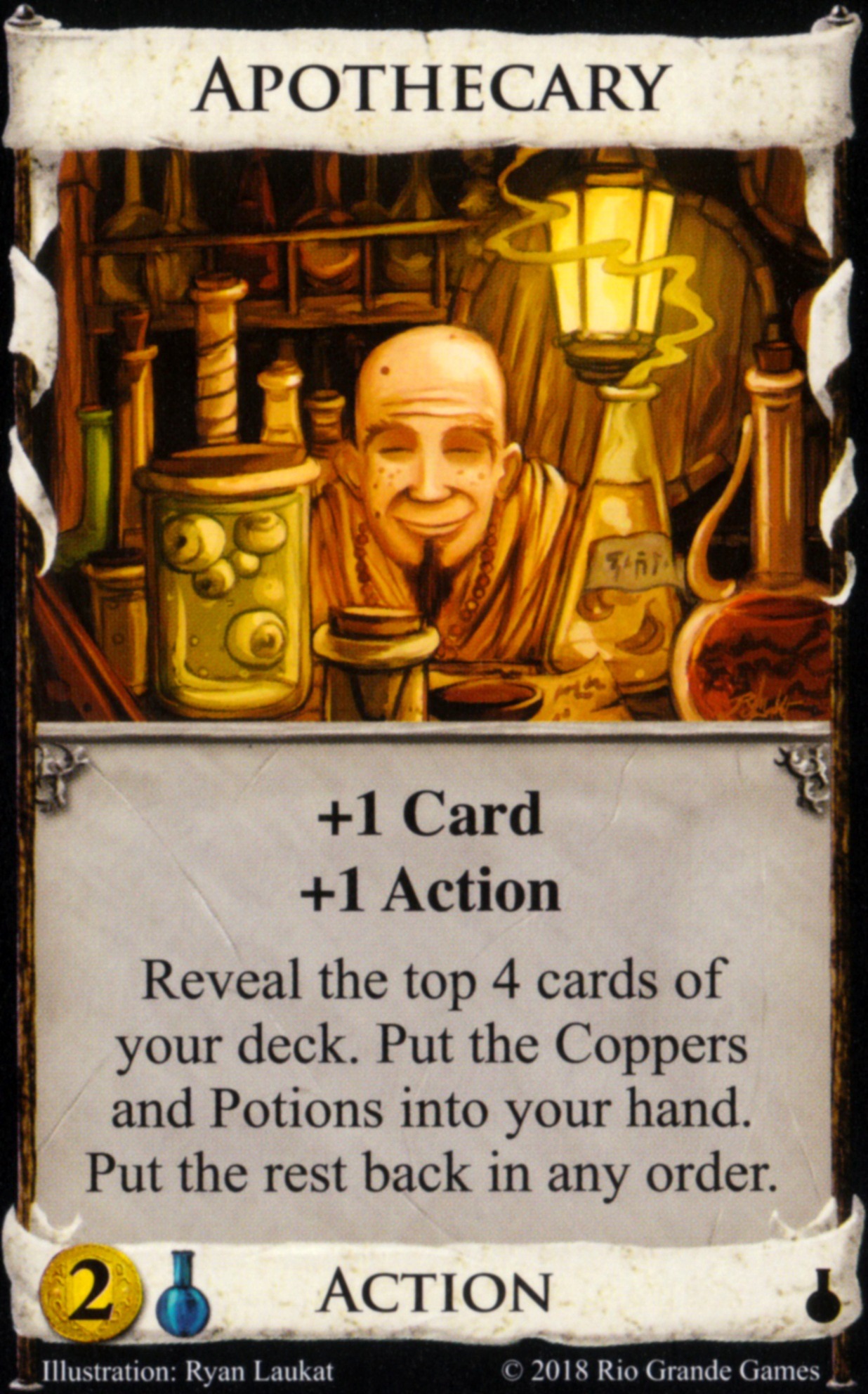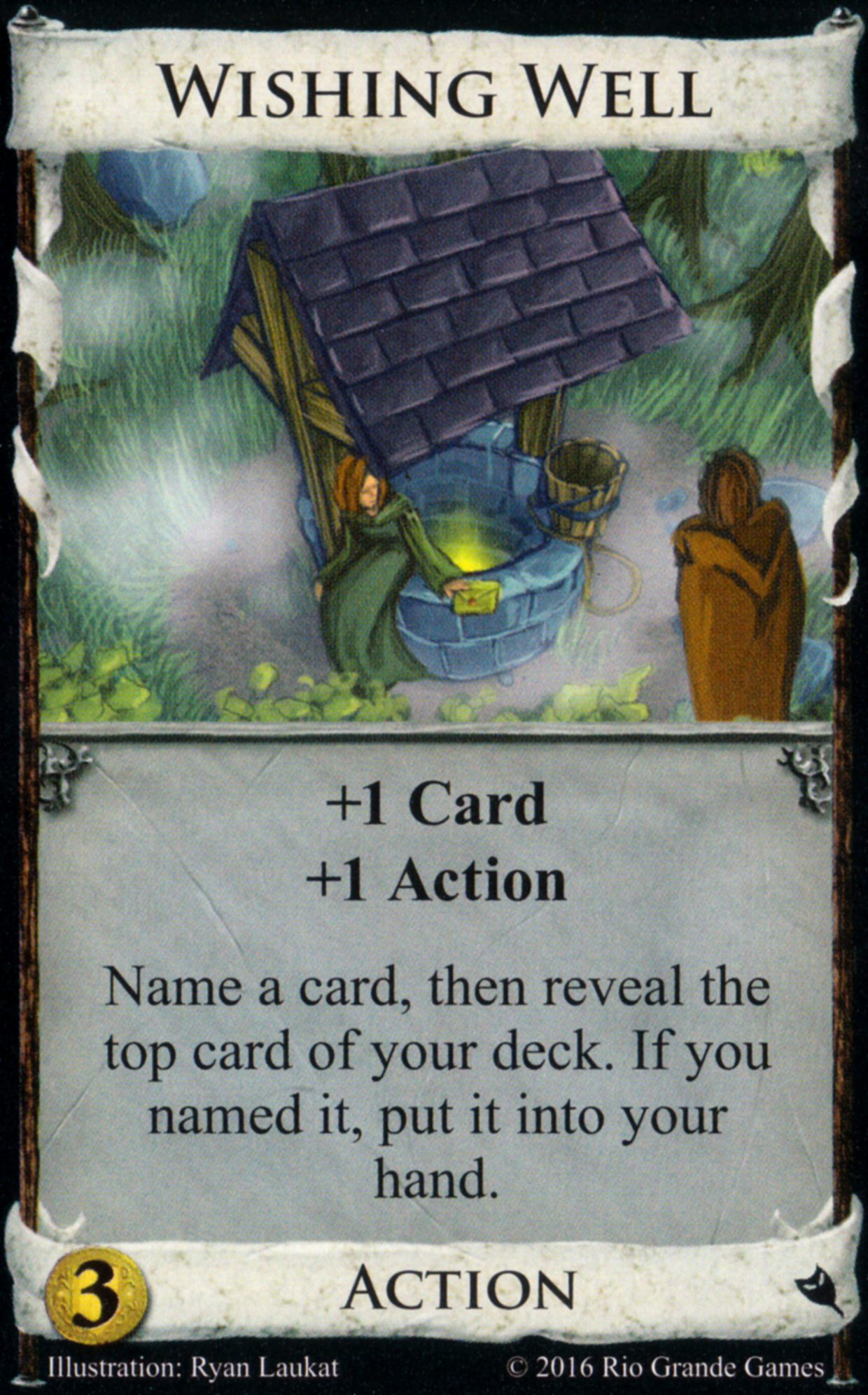1
Dominion General Discussion / 10th anniversary of isotropic Dominion shutdown
« on: March 15, 2023, 05:31:44 pm »
Today is the 10th anniversary of the day isotropic Dominion shut down, on 2013-03-15.
Though I had played Dominion before IRL, isotropic offered a new and interesting way to play the game. IRL, I would experience Dominion as a moderate-paced game with 3+ players, generally with nothing too fancy as far as strategy. On isotropic, it became a relatively fast-paced 2-player competitive game, with increased possibilities for engines, depending on kingdom. (Ambassador stands out as a card that really comes into its own in such a setting.)
Adding to the interest was drheld's deck tracker extension, which, by facilitating making play and buy decisions based on the contents of my deck, opened up far more tactical and strategic calculations. The three elements (Dominion, isotropic, drheld) combined together into more than the sum of their parts.
After isotropic shut down, for years I would occasionally feel the desire to play a game on it again for nostalgia's sake. I don't feel that anymore. (I might have outgrown interest in competitive games in general.)
What has happened with the three elements since?
Dominion: I played it IRL casually occasionally for some time after, which kind of worked as long as we used new cards (to neutralize the advantage of my online experience). Eventually the game developed in a more complex direction and I lost interest. I don't mean that as a knock on the game: Donald X always explained that continuing to make expansions would necessarily involve more complexity, so the newer expansions are intended for the players who want that complexity.
Computer Dominion: After years of a bad situation that I'll leave undiscussed, it seems to be in a good place now. I've only played a little of the current online implementation, but it seems arguably better than isotropic, not necessarily in every aspect, but overall. The in-development mobile implementation is far better than isotropic ever was on mobile.
Deck Tracking: Whenever a new computer implementation would launch, deck tracking wouldn't exist, and I haven't been following since then. A quick Google search shows that there have been controversies. If there's still no way to mutually agree to play deck-tracked games, that's sad.
In conclusion, the late isotropic era was an especially ephemeral entry in the already ephemeral arena of online gaming, arising from the differing visions of three people (Donald X, dougz, drheld). It's probably my favorite online game of all time, and it'll probably never exist again, but that doesn't bother me anymore since I probably wouldn't enjoy playing it today anyway. Just as well to remain a memory, I suppose.
Though I had played Dominion before IRL, isotropic offered a new and interesting way to play the game. IRL, I would experience Dominion as a moderate-paced game with 3+ players, generally with nothing too fancy as far as strategy. On isotropic, it became a relatively fast-paced 2-player competitive game, with increased possibilities for engines, depending on kingdom. (Ambassador stands out as a card that really comes into its own in such a setting.)
Adding to the interest was drheld's deck tracker extension, which, by facilitating making play and buy decisions based on the contents of my deck, opened up far more tactical and strategic calculations. The three elements (Dominion, isotropic, drheld) combined together into more than the sum of their parts.
After isotropic shut down, for years I would occasionally feel the desire to play a game on it again for nostalgia's sake. I don't feel that anymore. (I might have outgrown interest in competitive games in general.)
What has happened with the three elements since?
Dominion: I played it IRL casually occasionally for some time after, which kind of worked as long as we used new cards (to neutralize the advantage of my online experience). Eventually the game developed in a more complex direction and I lost interest. I don't mean that as a knock on the game: Donald X always explained that continuing to make expansions would necessarily involve more complexity, so the newer expansions are intended for the players who want that complexity.
Computer Dominion: After years of a bad situation that I'll leave undiscussed, it seems to be in a good place now. I've only played a little of the current online implementation, but it seems arguably better than isotropic, not necessarily in every aspect, but overall. The in-development mobile implementation is far better than isotropic ever was on mobile.
Deck Tracking: Whenever a new computer implementation would launch, deck tracking wouldn't exist, and I haven't been following since then. A quick Google search shows that there have been controversies. If there's still no way to mutually agree to play deck-tracked games, that's sad.
In conclusion, the late isotropic era was an especially ephemeral entry in the already ephemeral arena of online gaming, arising from the differing visions of three people (Donald X, dougz, drheld). It's probably my favorite online game of all time, and it'll probably never exist again, but that doesn't bother me anymore since I probably wouldn't enjoy playing it today anyway. Just as well to remain a memory, I suppose.

